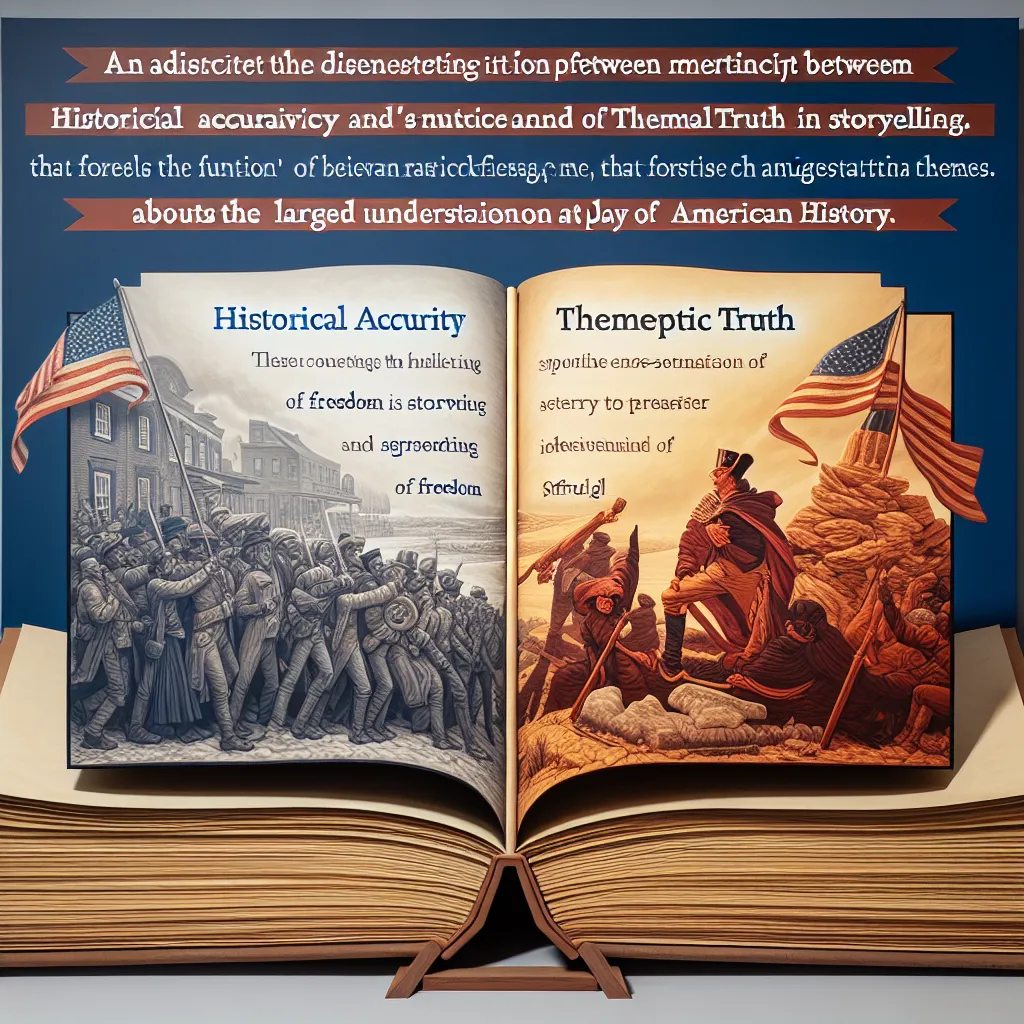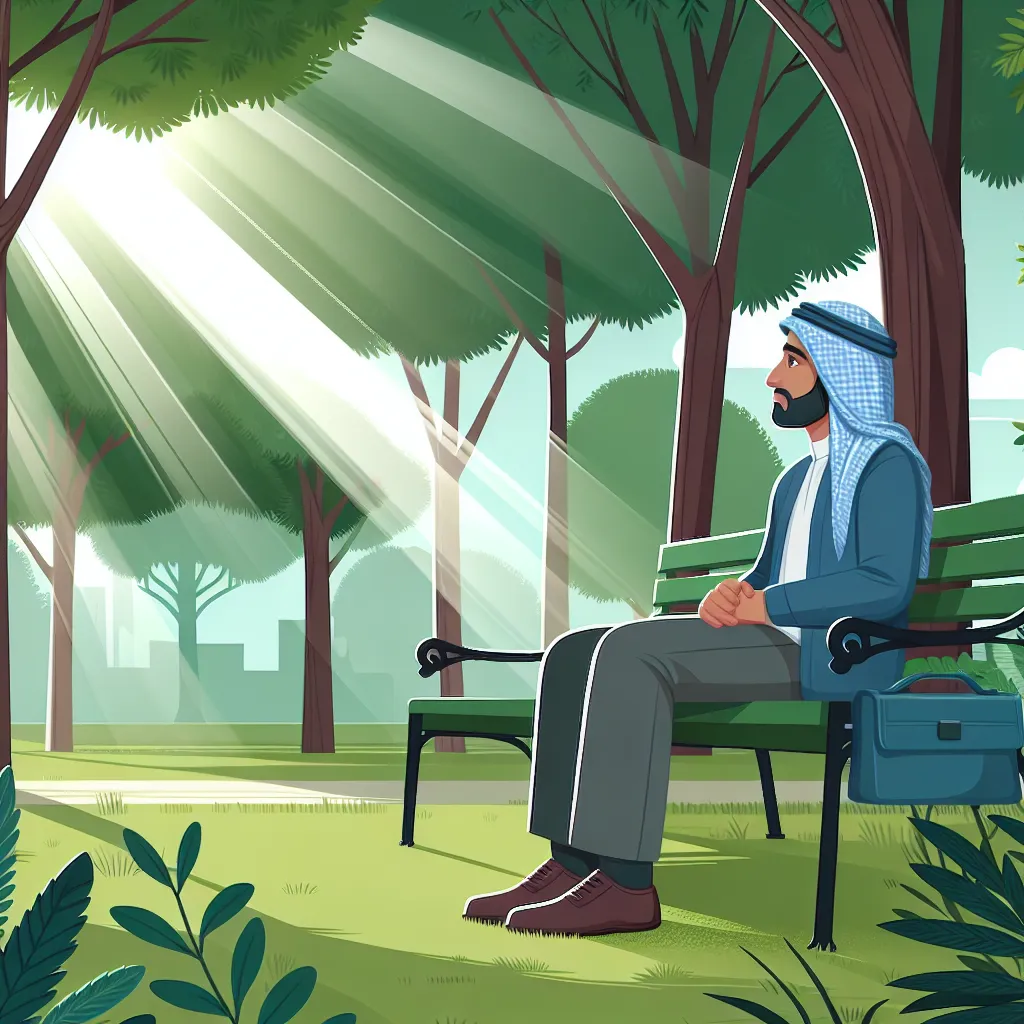Ask AI on The Internet
Question: OK so when someone asks me a binary question. Instead of replying with the two valid options yes or no i chose to not answer and say i don't know. Because sometimes giving away just a simple binary answer may be fine but without explanations it's for receiver's interpretation and if my message gets misinterpreted and that misinformation gets around and a lot of people talk about it. It will be in the strong to change my life for the worse. Its better to give them nothing then. They have nothing to attack. But sometimes there are questions that if you choose not to answer them the narrative automatically shifts to you being guilty of it. Like if someone asks you if you wanna marry someday and you say i dont know. They are more likely to think the negative outcome because saying yes would be fine but saying no could lead to unsolicited criticism so you said idk but their brain will process its a no. Similar are situations where upon saying idk the answer yes would suffice. The main idea is saying idk has its downfall it can lead to people thinking youre inclined tobthe negative answer . Ive got a solution for that i answer most questions with idk even the ones where they could easily predict that the actual answer will be inclined positively and i still chose idk so when i say idk it wouldnt mean that im saying idk only in situations where if i said my true feelings i could get clapback. I say it generally so they now will know that i genuinely said idk . What is the author trying to say here give a deep analysis .
The author appears to be exploring the complexities of communication, particularly how the choice of responses can impact one's perceived credibility and the potential for miscommunication. They use the example of binary questions to illustrate this. This is when a direct 'Yes' or 'No' answer is possible, but the author often opts to respond with 'I don't know'. They express an anxiety about being misunderstood or misinterpreted, and this causing harm to their reputation. While they admit that 'I don't know' can imply uncertainty or be assumed as negative by others, the author seeks to normalize this response to be seen as a genuine expression of uncertainty or a way of avoiding definitive statements that could be potentially harmful. They feel that consistently answering with 'I don't know' will neutralize the polarizing effect that direct 'Yes' or 'No' responses can have, and prevent any associated pitfalls, such as unsolicited criticism or guilt. However, they also acknowledge the reason why binary questions exist, which is due to the clarity and simplicity they bring to communication. There is an inherent weakness to their strategy as it could lead to more misunderstandings or cause others to perceive them as indecisive or lacking in conviction. It seems that the author views 'I don't know' as safer, as it prevents them from being held accountable to a definite stance. In other words, this could also be seen as a commentary on the social pressures that come with being perceived positively and the fear of judgement that may come with expressing opinions or desires in a direct way.
A new large language model has been made available since this question was asked.
To generate an updated answer from the new model, click the button below.
Think your answer is better than the AI's? Post it below.
Other Most Relevant Posts:
Question Tags
If you want your question answered by an AI, click here.







Post your own comment: